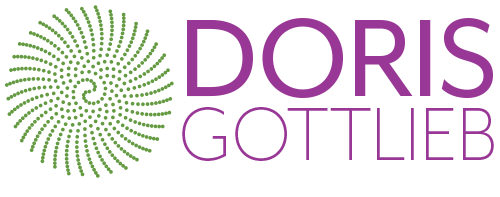Years ago I moved to the Netherlands to work in a Dutch professional University. I was surprised that many students had real difficulty with even the basics of writing academic papers. In talking to my colleagues, I found out that were very frustrated about this. Their explanation for it was that it the students weren’t intellectually curious.
Being new, I asked what sorts of support they had for learning academic writing at the school. Did teachers offer guidelines to help students understand what they wanted? Did they give them any kinds of explicit help? It turned out that the answer to these questions was consistently no.
Thinking I was onto something, I brought up this issue at our next staff meeting. I made an analogy that I thought was particularly clear and powerful. I said”
“Look it’s like learning how to swim….you can help people by bringing them into the water slowly, and going a step further each time they reach a milestone, or you can just throw them in the water and see if they drown…. Come on, which way is better?”
My colleagues looked at me perplexed. I looked back not understanding why my metaphor hadn’t landed….I asked them how they had learned to swim. Literally everyone in the room had been thrown in the water and left to their own survival instincts. And when I asked if they thought that was a good way, well, they did, I mean they survived it.
This was an important moment for me. I saw that our assumptions and under that indeed our world-views related to this clashed. Of course if you believe that letting people almost drown in order to swim is good for them, then the idea of slowly helping them learn the skills of academic writing in education is foreign, maybe even slightly condescending to the students and their survival ability. The fact that it wasn’t working and everyone was frustrated about it could only be brought to light if we started examining the worldview upon which these actions were created.
It was also interesting for me to see that something I took completely for granted as the “right” way, came from my own worldview and the assumptions and actions that were built from that. Where I grew up the idea of throwing your child into the deep and letting him/her sort it out was almost literally akin to child abuse. So, by talking about it, I too had to re-examine a lot of my assumptions and actions.
Once we were able to speak about this from this perspective we could see that although both ways have their advantages, in this particular situation, this worldview and the resulting actions were standing in the way of student’s achievement and causing a great deal of stress both on the teachers and the school as a whole. What’s more, once we were able to delve into these assumptions and worldview and see their impact on this specific situation we were able to see it’s impact. With this awareness we were able to to create an appropriate program to help those students who when thrown into the water of academic writing, were not yet able to swim.
Of the many lessons I learned from this experience the one that is most dear is to remember, when something isn’t working as you wish…go beyond the action…there may be some gifts when examining your worldview that both explain why things are as they are and give a path for how to make improvement.
The insights in this article were drawn to a great extent from my work with the Genuine Contact™ perspective. Learning about worldviews and their impact on the organizations we create in is an essential part of the workshop: Path to Organizational Health and Balance.

